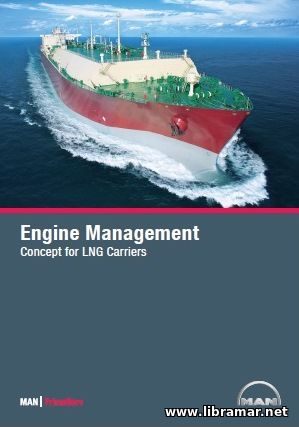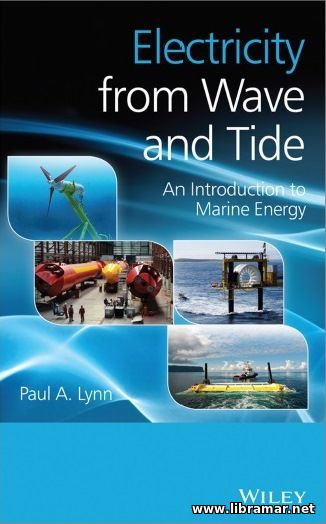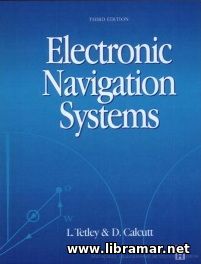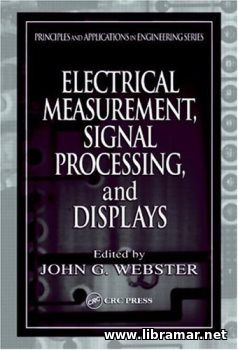
As the only type of commercial vessel, Liquefied Natural Gas carriers have in the past many years maintained the steam turbine as their preferred propulsion system. This trend has persisted despite the fact that all other types of commercial vessels changed to the more efficient diesel engines in the 1970s, as a consequence of the rising fuel prices and increased environmental awareness.
Moreover, diesel engines have also proved their reliability during many years of operation. The LNG carrier did maintain the steam turbine as its propulsion system because the natural evaporated boil-off gas from the cargo is available anyway, and because no other solution for the use of boil-off gas has been made available, at that time. There are, in principle, two ways of exploiting the boil-off gas, it can be burnt in a boiler, gas turbine or dual fuel diesel engine and provide power for the propulsion of the vessel, or the boil-off gas can be reliquefied in a reliquefaction system and returned to the cargo tanks. The reliquefaction of the boil-off gas from the LNG cargo makes it possible to increase the cargo quantity delivered to the customers, instead of using it as fuel, and to install more efficient propulsion systems on LNG carriers.
An LNG carrier is a special-purpose ship in which sophisticated technology is used to transport liquefied gas, a highly flammable cargo. Safety is, of course, paramount, as is the reliability and availability of the propulsion system of such a ship, because these factors influence the whole supply chain from the well to the consumer.






